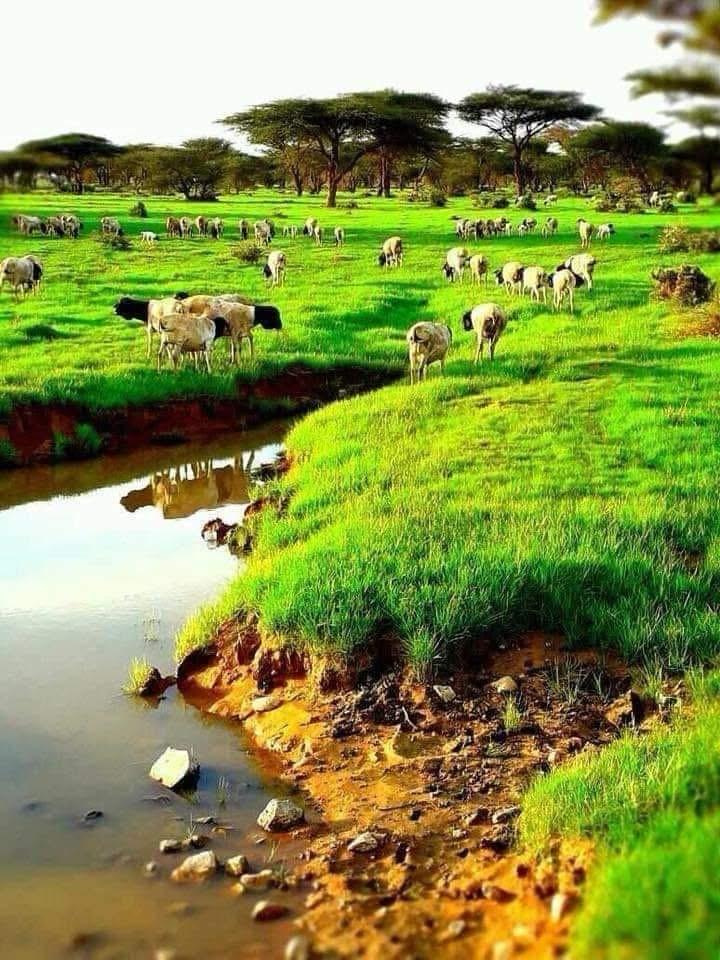Dryland ecosystems cover over 40% of the Earth’s surface and support more than 2 billion people, yet they remain among the least understood and most threatened environments on our planet. Danle Centre’s cutting-edge research is filling critical knowledge gaps while developing practical solutions for dryland management and restoration.
Our interdisciplinary research approach combines remote sensing technology, field studies, and participatory research methods to understand complex dryland dynamics. We’re using satellite imagery and GIS analysis to track land cover changes over time, while ground-truthing our findings through extensive field surveys and community consultations.
Soil health research forms a cornerstone of our work. Dryland soils face unique challenges including low organic matter, high erosion rates, and salt accumulation. Our teams are developing and testing soil improvement techniques that work specifically in arid and semi-arid conditions, from biochar applications to innovative composting methods.
Plant-soil-water interactions in drylands require specialized understanding. We’re studying how different vegetation management approaches affect water infiltration, soil stability, and biodiversity. This research informs restoration strategies that can rehabilitate degraded lands while providing economic benefits to local communities.
Climate adaptation research focuses on understanding how dryland ecosystems respond to changing precipitation patterns and temperature extremes. Our findings help predict ecosystem changes and develop proactive management strategies that build resilience rather than simply responding to degradation after it occurs.
This research isn’t conducted in isolation—we work closely with land managers, policymakers, and communities to ensure our findings translate into practical, implementable solutions that make a real difference on the ground.


Leave a Reply